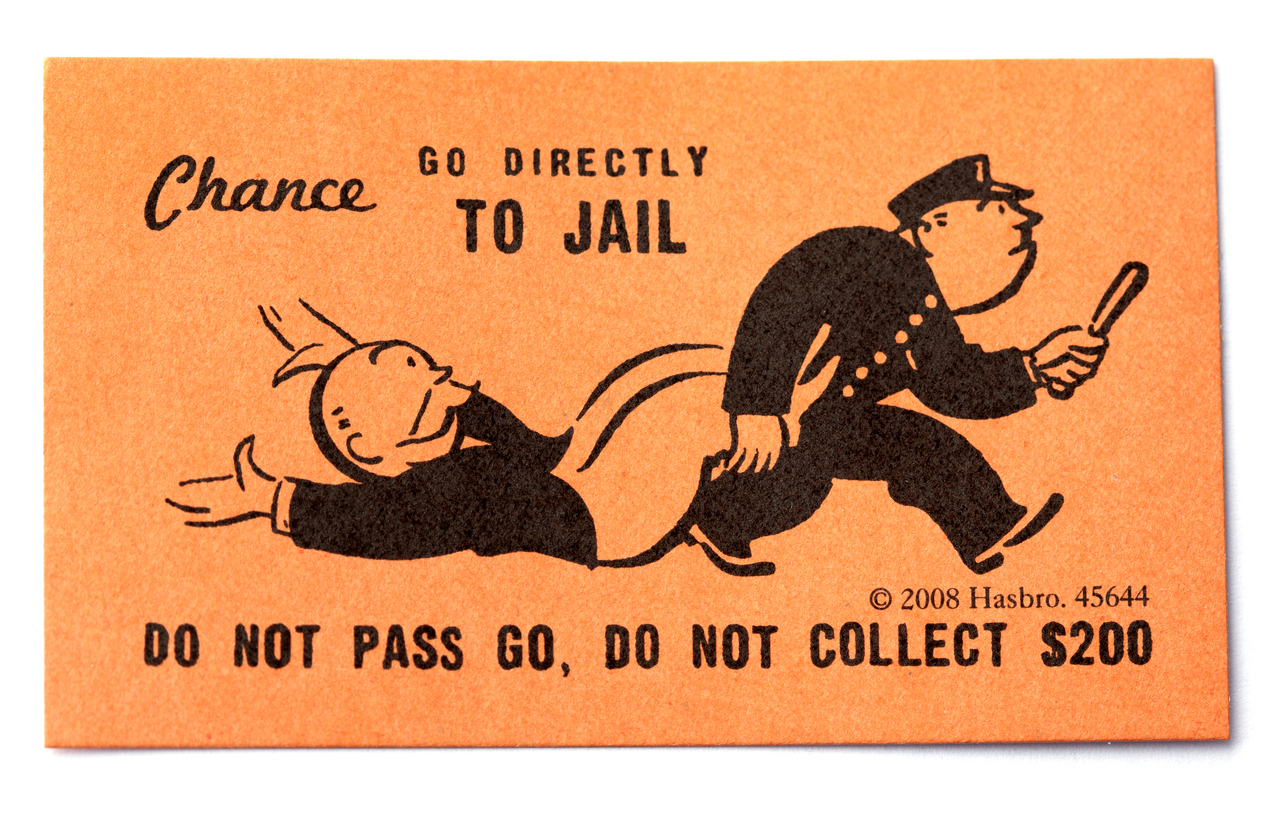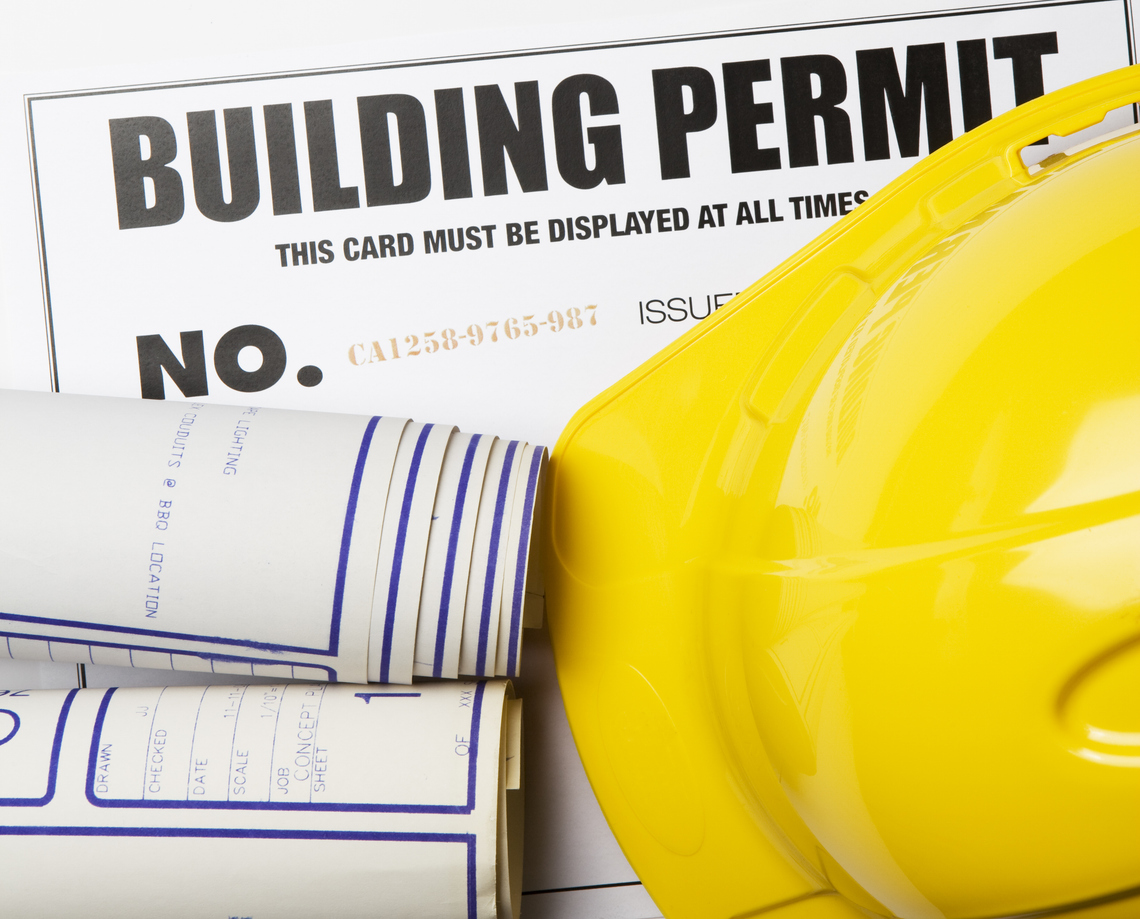On Monday, I was writing a cease and desist letter to a young and naïve commercial business development person working for a contractor who was using our firm’s name to promote his business and wrongfully indicating that we were part of a “team.” Already aggravated, I kept getting interrupting text messages from public adjusters asking whether public adjusters could solicit claims for attorneys.
The answer is “no.” Public adjusters cannot directly or indirectly seek claims for lawyers. It is criminal to conspire to do so in all states1 and unethical for attorneys in all states to allow this to occur.
I finished the draft letter to the business development solicitor. It is also wrong to use the name and likeness of anybody for profit without permission. Contractors also cannot market for lawyers. But, why was my cell phone blowing up with these text questions?
I learned that public adjusters asked me this question because Becker Poliakoff, a leading condominium law firm, announced that it had “launched” its own public adjusting firm, Association Adjusting. It is managed by public adjuster Joe Connelly and Becker’s website stated:
Becker is pleased to announce the launch of Association Adjusting, the one and only public adjusting company that exclusively serves community associations throughout Florida.
Virtually every community association will experience a significant property damage claim at some point during its lifespan. In addition to windstorms, fires and floods there are the everyday water leaks with which volunteer boards and managers must contend. While it is reasonable to believe that after years of dutifully paying your insurance premiums your damage claims will be paid quickly and in full, the reality is often quite different.
I know of two other instances of law firms starting public adjusting firms over the last 25 years. Both law firms eventually shut them down. The ethical concerns about unethical solicitation, fee splitting, not practicing law when retained to conduct non-legal services, and other lawyer ethical considerations and public adjuster statutory implications are pretty difficult to manage and not break.
I have been told it is perfectly legal for a law firm to own a public adjusting firm. Becker is a fine firm and has a long-built reputation in the legal community. I am certain they have internal safeguards to prevent anything unethical from occurring. But they will have their work cut out.
Many suggest that public adjusting is a recent exception to the practice of law, except in a few states where the legal bar still prevents public adjusting from being practiced. All you have to do is read my post yesterday, Warning! Public Adjusters Thinking of Working in Louisiana Should First Read the Case of Earl Carr, about what the Louisiana Bar will do. Historically, there is nothing improper about attorneys handling and negotiating property insurance claims.
What are some examples of wrongful behavior of solicitation and fee splitting?
How about the Strems Law Firm examples?2 We just agreed to help policyholders on a pro bono basis because Strems lawyers and disreputable public adjusters were breaking criminal laws in the solicitation of their insurance claim. The family hired Strems because the public adjusters directly solicited them and then provided an attorney contract to sign—the policyholders never signed a public adjuster contract. The public adjusters were trying to have the policyholders sign a lawyer contract. The public adjusters were acting as “cappers,” which virtually every state imposes criminal penalties.
Any time an attorney promises to provide something of monetary value to a non-lawyer to obtain clients, it is wrong. Examples of this are giving public adjusters discounts for office space or agreeing to pay the public adjusters advertising expenses. People do not pay another’s advertising and marketing expenses or give rental discounts below market value to another out of the goodness of their heart. This goes beyond promotion of the skill and knowledge of a person, to buying that person’s efforts to solicit potential clients.
Law firms cannot pay public adjusters to refer clients to an attorney. They cannot do this in any roundabout way as well. An example of this was a law firm that I reported to the New Jersey and Texas Bar Associations because public adjusters told me they were getting paid $500 for the referral of residential clients and $1,500 for the referral of commercial clients. I told the public adjusters to stop and go get a criminal attorney. The Texas law firm doing this was sued in a class action lawsuit.
I want to applaud the Florida Association of Public Insurance Adjusters and their leadership for standing up against these practices. They approached me and asked what they could do to help stop any of this. They want to get rid of the “bad apples” in their profession.
They have already done the first thing right—public condemning these practices. The second is education. In an article, Unlawful Solicitation is Taken Very Seriously, The Florida Bar noted the problem and suggested that education to consumers can help:
In a report to the Board of Governors last December, Cohen said the committee has heard of many examples of improper solicitation, including direct approaches to already represented clients, personal injury victims being approached, use of “runners” or other third parties to approach potential clients or their families, and solicitations in criminal, commercial, and business cases.
Cohen told the board a problem was the indifference of attorneys to and a lack of knowledge by consumers about the improper practices, which makes prosecution under Bar rules difficult.
Education is something Merlin Law Group does all the time and we also do it through this blog. I once told public adjusters in a speech that if you find an attorney directly soliciting, call me and I will turn that lawyer into the Bar. Former FAPIA Board member Mark Boardman did just that by calling me with a complaint about an attorney knocking on a door soliciting for property insurance claim work. I followed up and made a complaint to the Bar. The Florida Bar took away the attorney’s license to practice law.
Attorneys have an ethical duty to turn other attorneys into the Bar for doing these unethical things. It is unethical for an attorney to fail to do so. We have to “rat out” attorneys or we can be subject to discipline for failing to do so.
So, if you have proof of public adjusters or attorneys that are doing this, you now know what you can do—report the wrongdoers. If you are afraid, you can call me. While I am not the morality police, I hate cheating and am not afraid to report someone doing so.
We need to do something about this conduct. Most would-be criminals are afraid to break the law if they know they are going to get caught. It stops the wrongful behavior from ever happening. “Indifference” will stop very quickly if those wrongdoers know that anybody can turn them in and that they can expect to go to jail.
I will discuss these topics and Hurricane Laura for about 15 minutes on Chip at 2 this afternoon.
Thought For The Day
Technological progress is like an axe in the hands of a pathological criminal.
—Albert Einstein
___________________________________
1 See, e.g., Fla. Stat. §877.02 Solicitation of legal services or retainers therefor.
2 https://www.insurancejournal.com/news/southeast/2020/07/16/575736.htm




